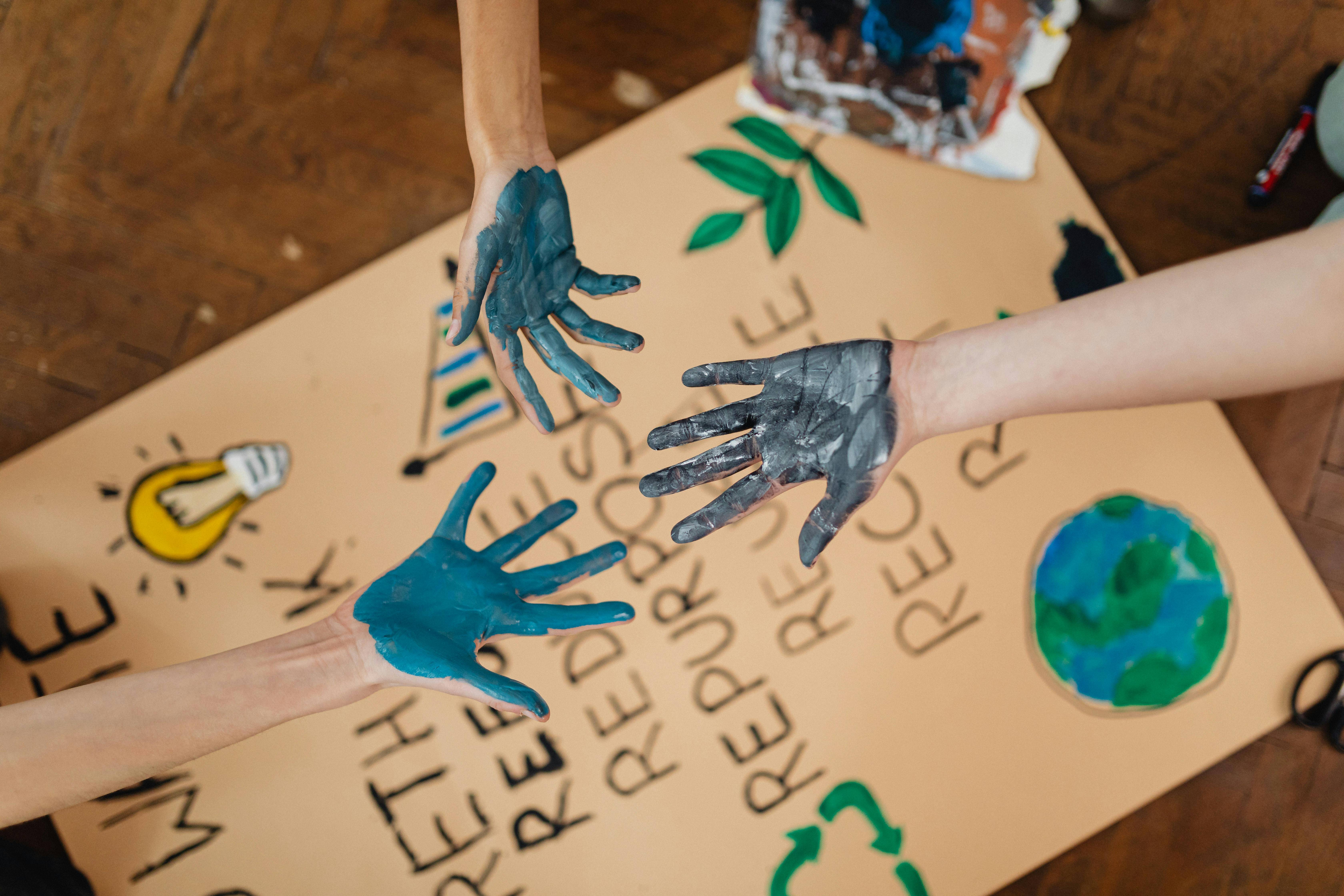
Sustainability at ISL
Building a Sustainable Future
At the International School of Lausanne, our mission is to inspire students to play an active and responsible role in today’s complex and multicultural world. Our commitment to sustainability goes beyond the classroom; it’s about embedding values that empower ISL students to become global citizens. Through our sustainability policy, we aim to lead by example, showing students that their choices matter and helping them understand the lasting impact of their actions on the environment, society, and future generations.
Discover Our Seven Key Areas of Focus in Sustainability
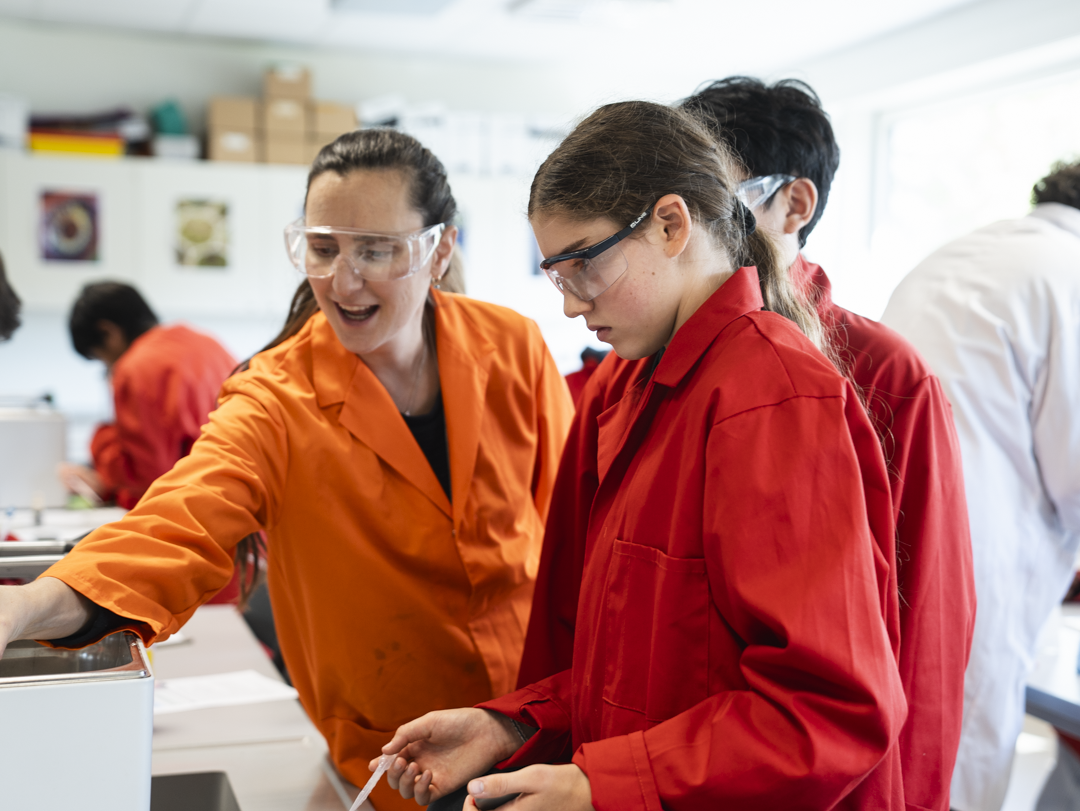
Refocusing Our Education
As a leading international school in Switzerland, we believe that innovative education equips our students with the skills, mindsets, and knowledge needed to address global challenges such as climate change, inequality, and resource scarcity. By integrating sustainability topics into our International Baccalaureate curriculum and fostering critical thinking, project-based learning, and problem-solving, education becomes a tool for shaping environmentally and socially responsible citizens.
For example, lessons on renewable energy, conservation practices, and sustainable agriculture empower students to innovate and promote sustainable practices within their communities. Our goal is not just to transfer knowledge but to cultivate a generation ready to create, advocate, and implement solutions that drive progress toward a more equitable and resilient society.
Looking ahead, we plan to:
- Map and publish our sustainability curriculum
- Develop units and student projects directly linked to sustainability
- Continue to expand our dual language approach equipping ISL students to work seamlessly across languages, borders, and cultures.
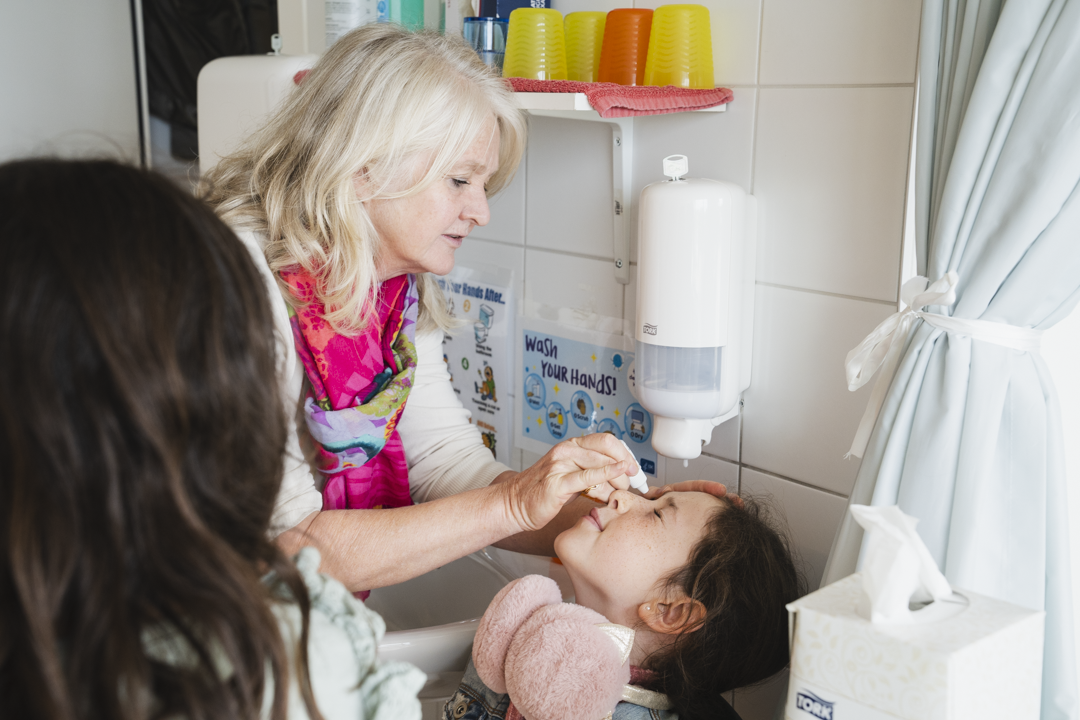
Health, safety and well-being
Health, safety, and well-being are a priority at ISL to create an environment where students thrive academically, socially, and emotionally. By promoting good nutrition, physical activity, and mental health support, we help our students build habits that enhance focus, energy, and resilience—essential for personal and academic growth within ISL’s International Baccalaureate programme in Switzerland.
Safety is central to our learning environment. When students feel protected from physical harm and emotional distress, including bullying and discrimination, they are more likely to engage fully, build positive connections, and take intellectual risks.
Our well-being initiatives also encourage students to develop self-care, emotional intelligence, and a balanced approach to life—skills that lay the foundation for lifelong success.
Looking ahead, we plan to:
- Expand our well-being curriculum to equip International School of Lausanne students with essential mental health skills.
- Implement a tool to track well-being metrics for regular, data-driven insights.
- Enhance our mobility plan to support safe, sustainable, and healthy transportation.
- Further develop our cafeteria offerings to prioritise nutritionally balanced, sustainable food.
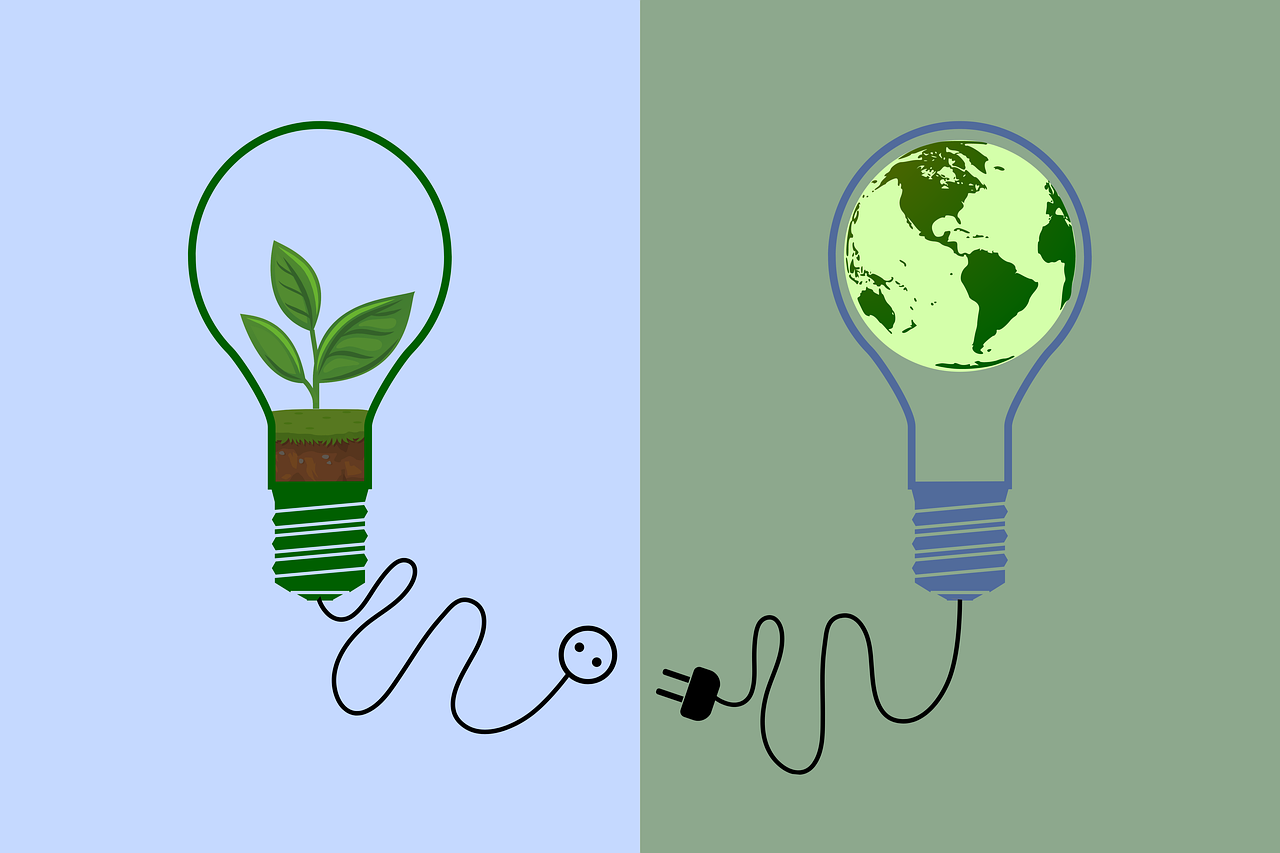
Energy usage and pollution
Reducing our environmental footprint and energy usage is important to the entire community of the International School of Lausanne. Over the past three years, we have reduced our electricity consumption by more than 35%, with a similar decrease in natural gas usage. By adopting energy-efficient technologies and encouraging mindful usage habits, we have lowered our dependence on fossil fuels and significantly cut greenhouse gas emissions. These efforts help preserve resources, protect health, and contribute to the mitigation of climate change.
Looking ahead, our goals include:
- Continue to reduce electricity consumption through LED lighting and exploring alternative energy sources
- Monitor our gas and wood consumption closely
- Publish an annual sustainability report to track our progress
- Minimise printing and copier use to reduce waste.

Our Resources and Waste
Reducing waste and resource use at the International School of Lausanne minimises landfill contributions and reduces the strain on natural resources like forests, water, and fossil fuels. These efforts help conserve habitats and reduce pollution. Additionally, our sustainability initiatives provide students with valuable learning opportunities, encouraging environmental responsibility and fostering a culture of conservation and stewardship.
Looking ahead, our goals include:
- Systematically tracking waste production and raising community awareness of waste management processes
- Implementing measures to reduce water consumption
- Utilising resources on our school site to support biodiversity.
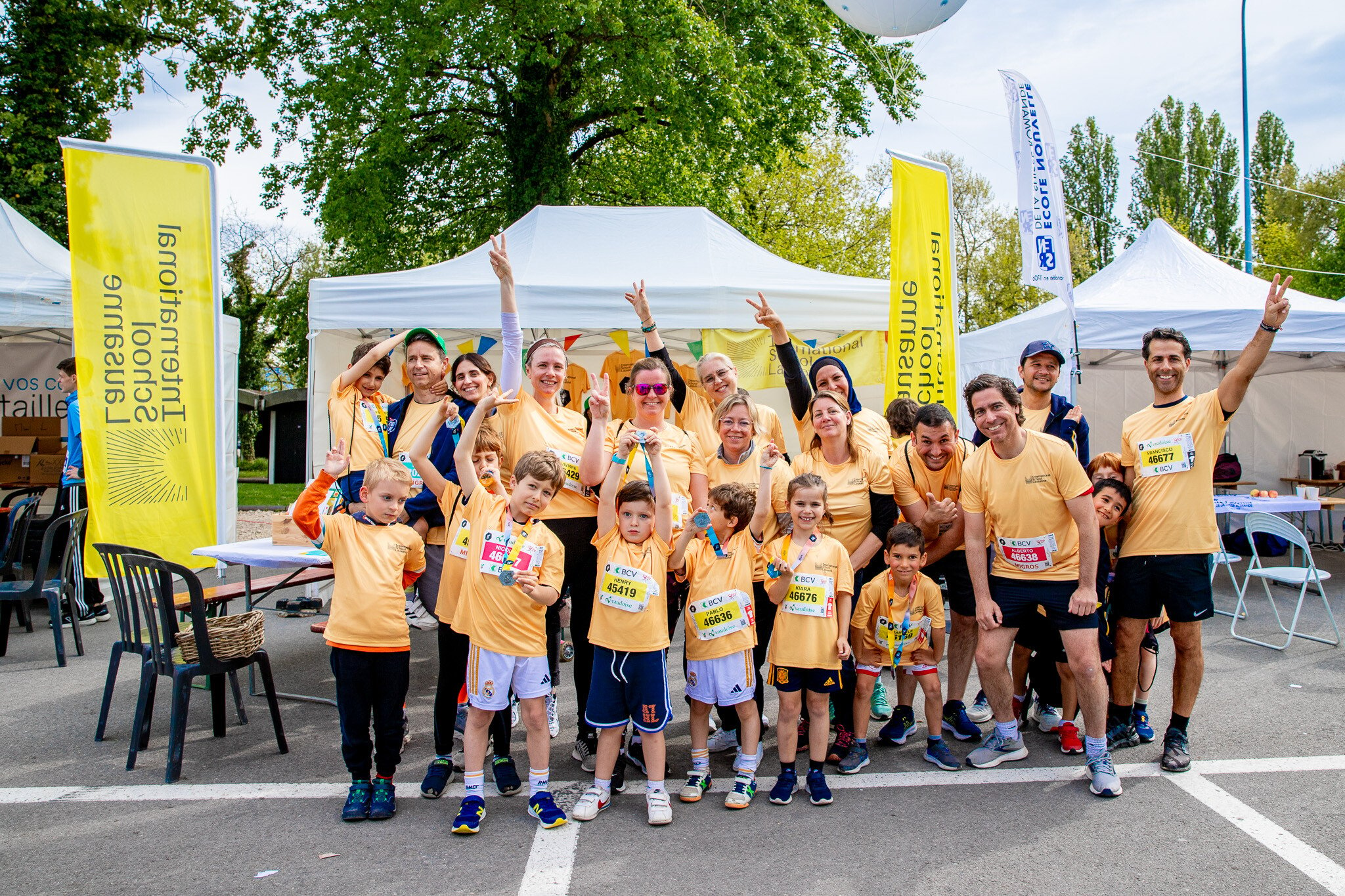
Our Community Engagement
When a school is well integrated into its local community, it creates a supportive environment where learning extends beyond the classroom. At the International School of Lausanne, we aim to show students how their education connects to real-world issues and local opportunities within Switzerland and abroad. Engaging with the community helps students develop a sense of belonging and pride, strengthening community bonds and reducing social isolation.
Looking ahead, our goals include:
- Building on our connections with the Le Mont commune and the canton of Vaud
- Establishing partnerships with local businesses, organisations, and experts to provide students with enriching, hands-on learning experiences
- Ensuring that multilingual information about the school is accessible.

Diversity, Equity, and Inclusion
Our approach to diversity, equity, and inclusion (DEI) at the International School of Lausanne enriches the educational experience and fosters a supportive, respectful environment. By embracing diversity, we expose ISL students to a variety of perspectives, cultures, and ideas, broadening their understanding of the world and nurturing empathy, critical thinking, and open-mindedness.
Equity is at the heart of our policies, ensuring fair opportunities for all students, regardless of background, so each student can succeed and contribute in ways that reflect their unique potential. Inclusion goes beyond representation; it ensures that all students feel valued, safe, and confident, creating a strong sense of belonging. This approach enhances academic performance and prepares students for life in a diverse society by promoting collaboration, cultural sensitivity, and social responsibility.
Our next steps include:
- Embedding DEI throughout our early childhood, primary and secondary school curricula
- Establishing clear DEI metrics with regular tracking
- Ensuring that our DEI values are visible and practised across the school.

Ethics and Human Rights
Shaping informed, ethical, and compassionate global citizens is at the heart of the International School of Lausanne’s mission.
Our commitment to ethical practices and human rights, both in teaching and daily operations, promotes a shared understanding of respect, dignity, and equality. Through our actions, students learn to critically analyse social issues and navigate complex moral landscapes—an essential skill in our international context, where they are exposed to diverse perspectives on values and ethics.
This approach helps students learn to respect differences and become thoughtful, responsible decision-makers.
As a responsible employer, we are dedicated to ensuring that school policies align with ethical principles and taking steps to be widely recognised for our commitment to ethical practices.
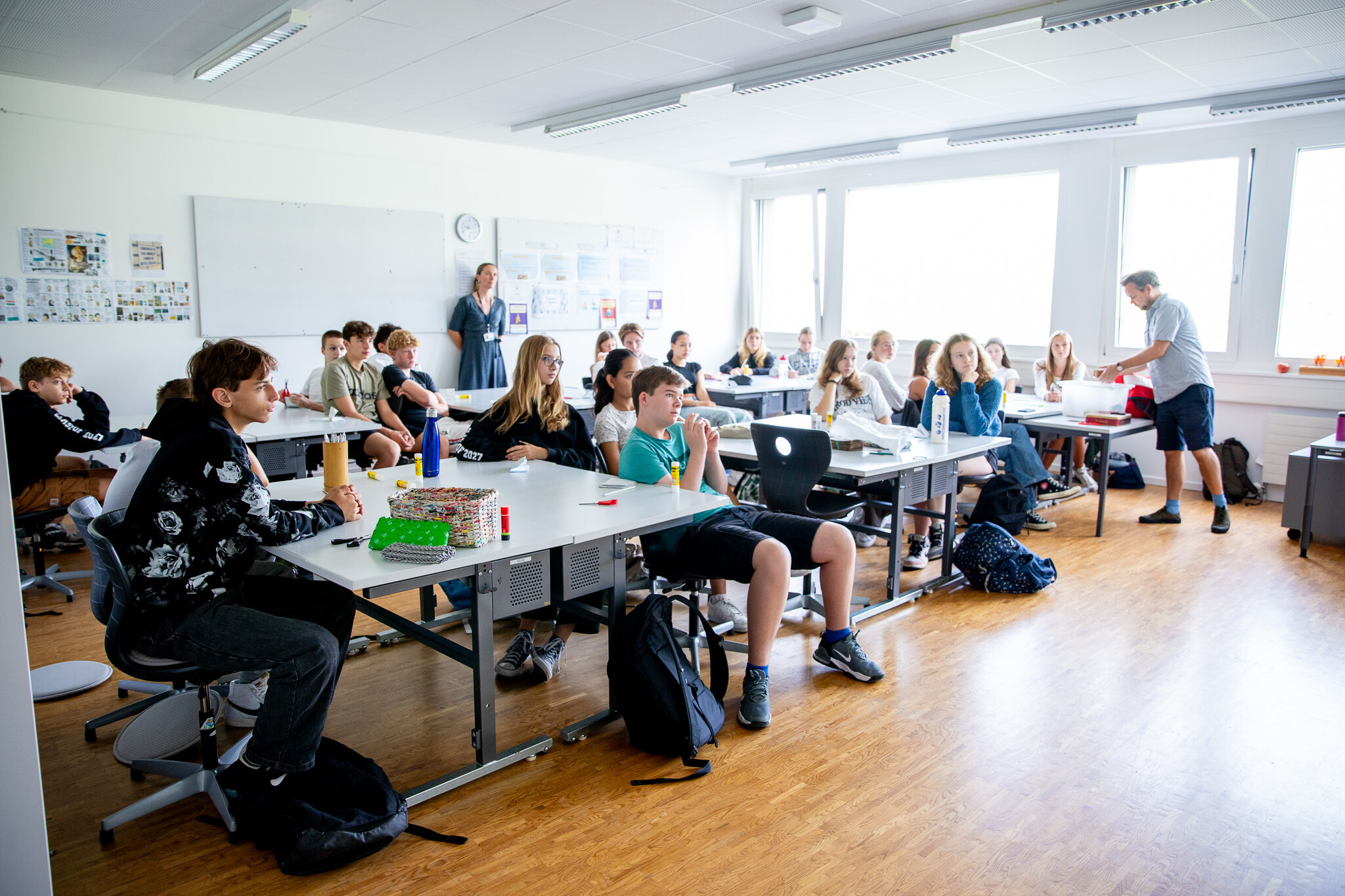
Integrating Sustainability into Learning at ISL 🌱
At ISL we think that explicitly teaching sustainability is essential if we are to equip students with the knowledge, skills, and mindset needed to address environmental, social, and economic challenges. By embedding sustainability into our education, we hope to prepare students to lead more responsible, informed, and proactive lives, ensuring a better future for all.
Our Impact and Progress

Reducing Our Electricity Consumption by 40%
As part of our ongoing Sustainability Strategy and Goals, ISL is committed to reducing electricity consumption across our campus. The graph illustrates a steady decline in energy usage from 2017 to 2024, reflecting our proactive efforts to enhance energy efficiency. Through optimised lighting, heating, and operational practices, we continue to make meaningful strides towards a more sustainable future.
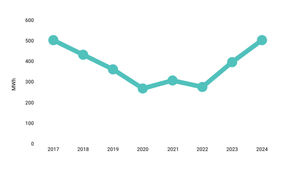
Heating with renewable sources
At ISL, we use wood chips as a renewable biomass energy source to heat our campus, reducing reliance on fossil fuels such as gas. The chart shows the evolution of our wood chip consumption, reflecting our efforts to balance energy efficiency with campus heating needs. This sustainable approach helps minimise our carbon footprint while maintaining a comfortable learning environment.
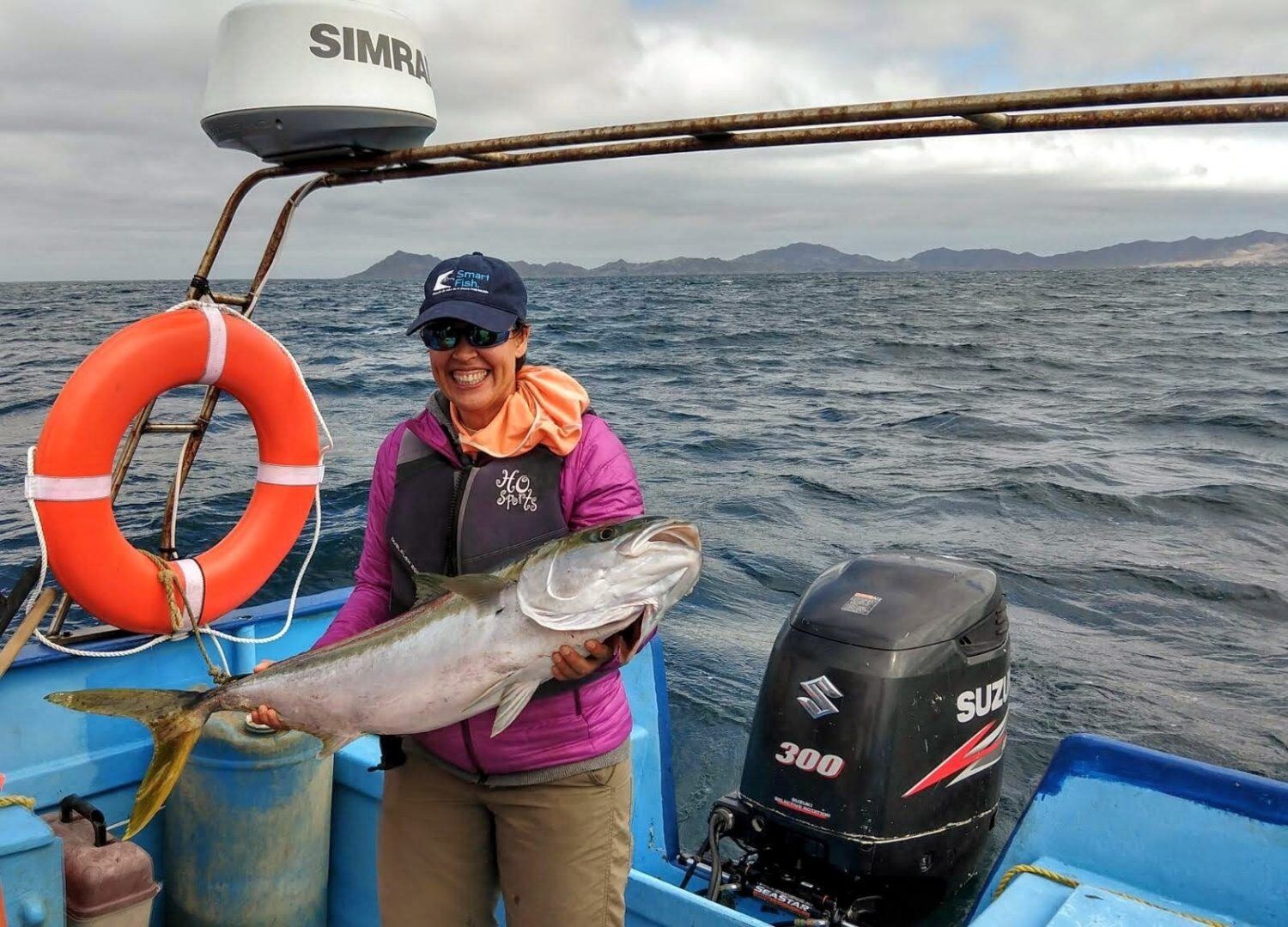
Our Community – Sustainability Story
Cecilia, ISL Alumna (1985 to 1989) – Director of an NGO called SmartFish that assists artisanal fishers in Mexico to access better markets for sustainably caught seafood.
“SmartFish brings the best quality marine products to the market, which allows you to make a purchase that contributes to good fishing management and the sustainability of Mexico’s marine ecosystems. We work so that fishermen earn more by fishing less, breaking the cycle of poverty and overexploitation.
We pride ourselves on being a company committed to sourcing and selling sustainable seafood. Obtaining sustainable seafood is not only important for the future of our business, but also for the livelihood of fishermen around the world and for the health of the ocean ecosystem.”
